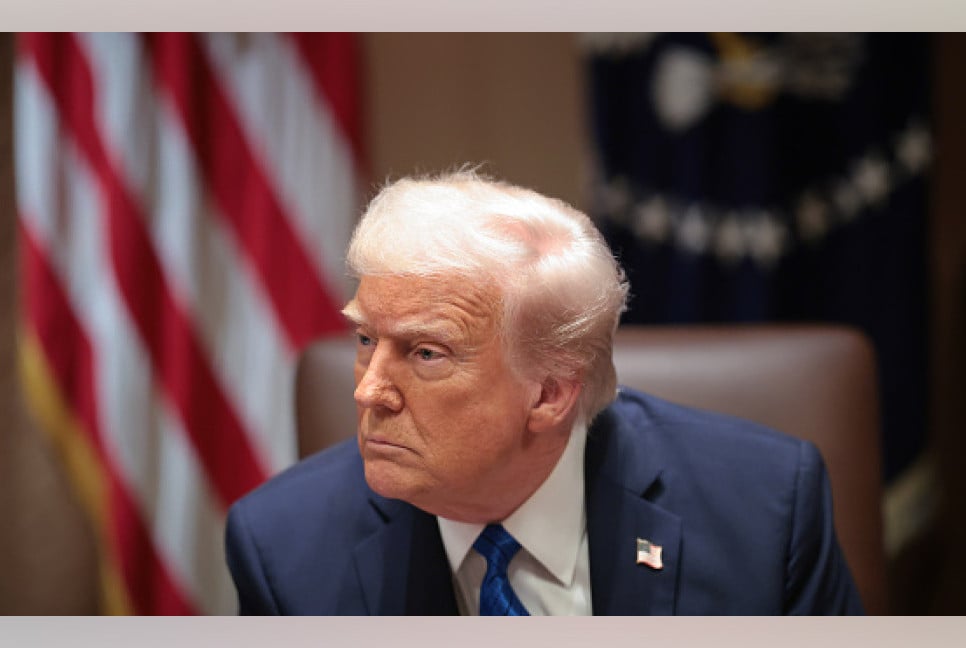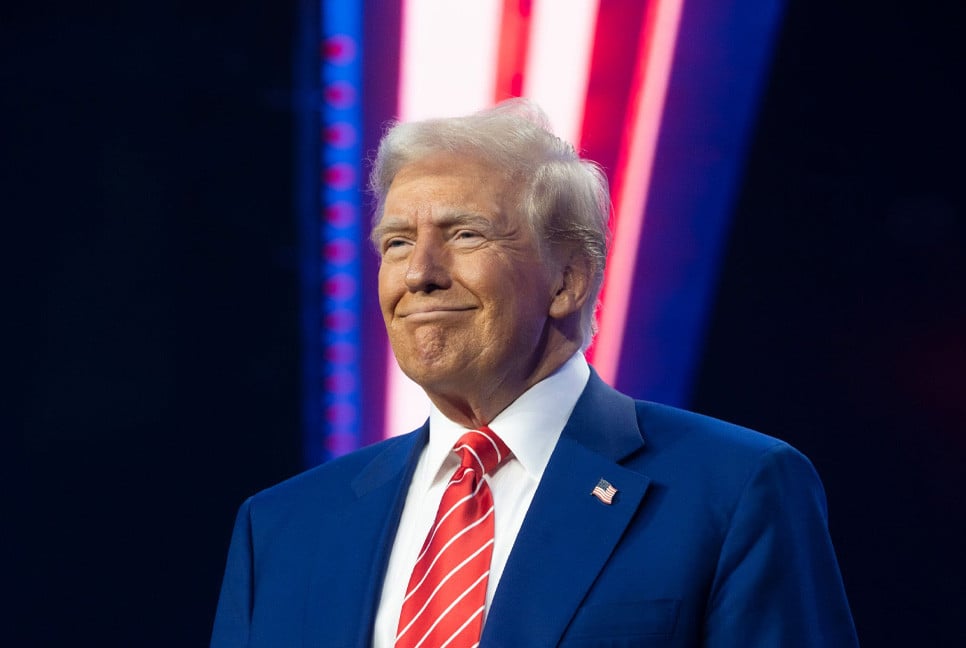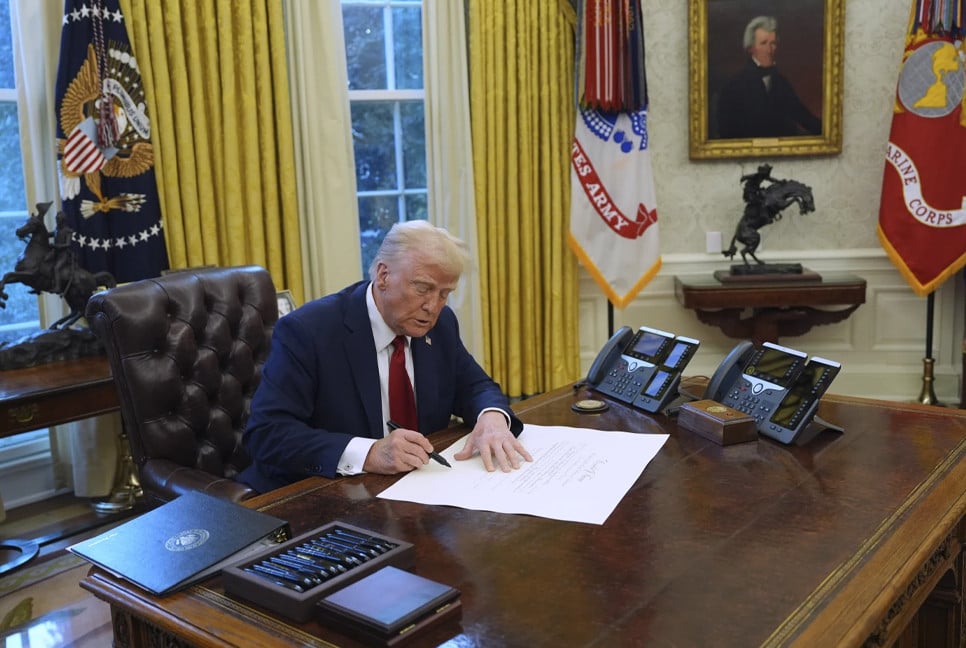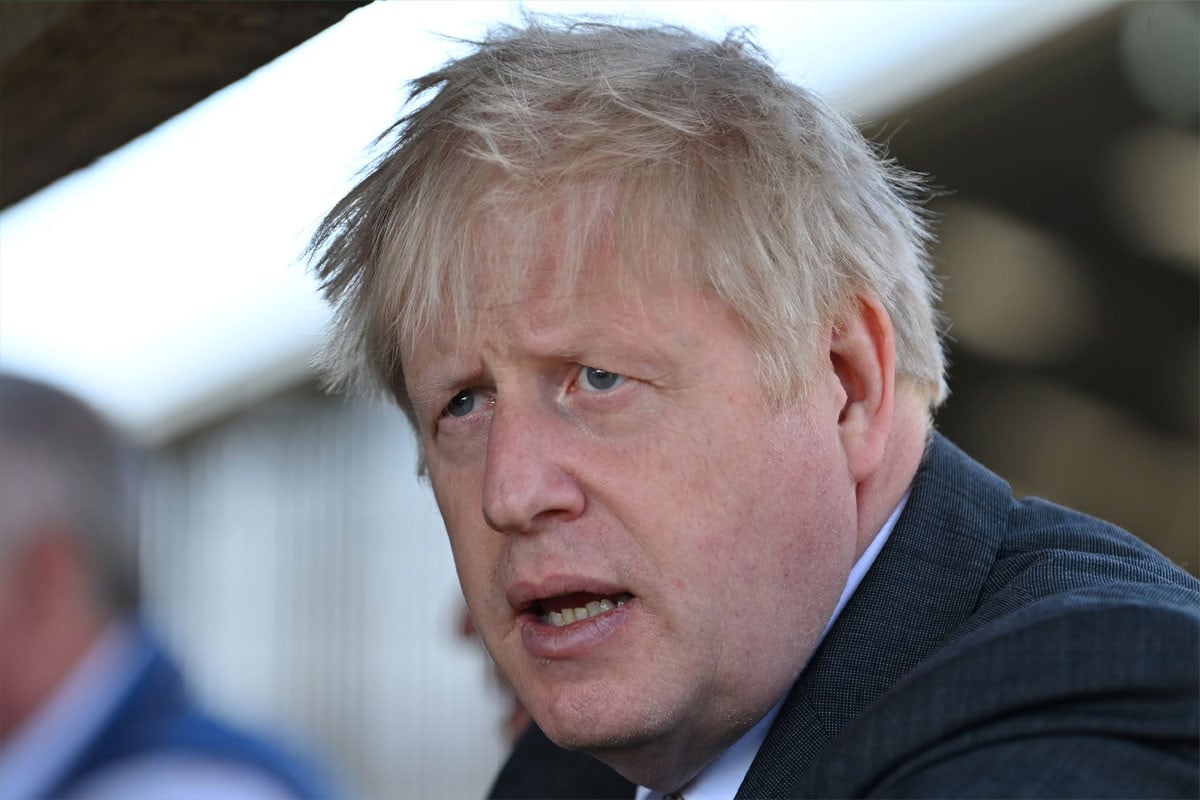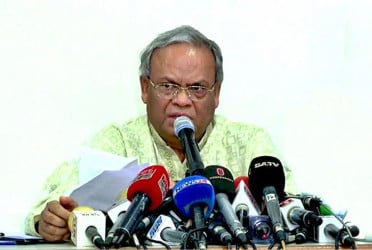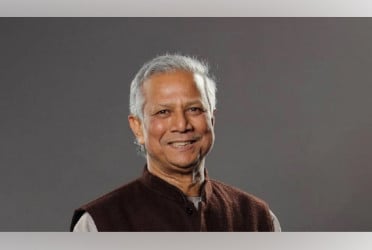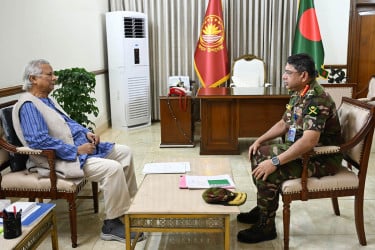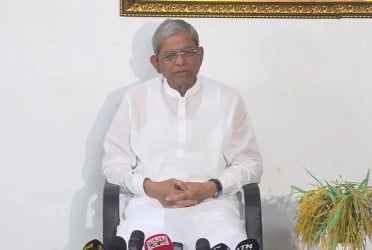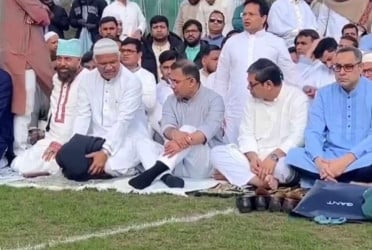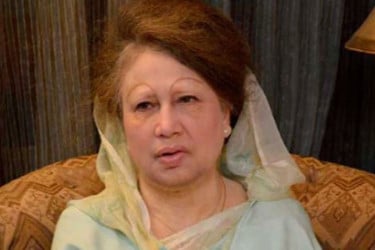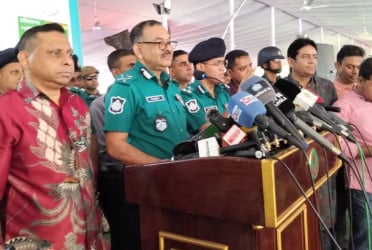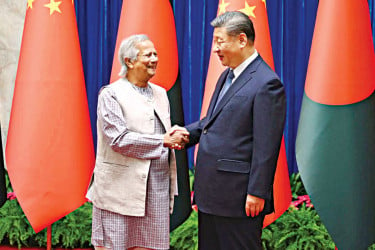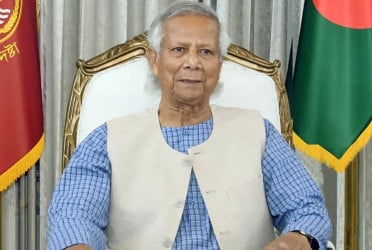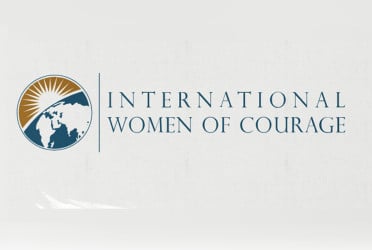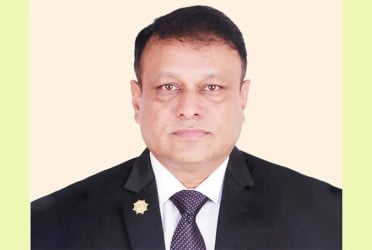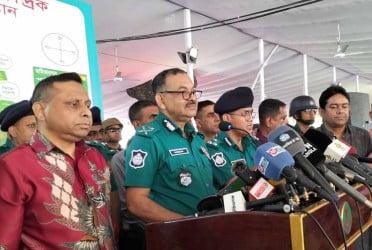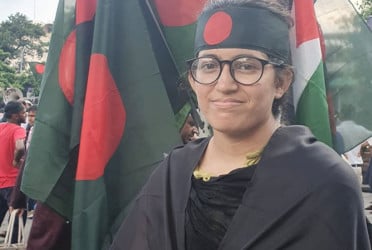The upcoming visit of Prime Minister Sheikh Hasina to New Delhi will usher in a new era of cooperation between India and Bangladesh for the next 25 years, former Indian Foreign Secretary Harsh Vardhan Shringla has said on Tuesday.
He made the remarks while addressing a seminar organised by the Indian Council of World Affairs under the Ministry of External Affairs on Bangladesh’s foreign policy.
The Bangladesh prime minister is scheduled to visit India in early September.
Shringla, also India's Coordinator for G-20 Summit, expressed the hope that directions for the Comprehensive Economic Partnership Agreement (CEPA) may be finalised during Sheikh Hasina’s visit.
Speaking at the seminar, former Bangladesh Foreign Secretary and Professor of Bangabandhu Chair at Delhi University Md Shadidul Haque announced that a memorandum of understanding on sharing water of the Kushiyara River may be signed and many decisions about trade and connectivity will be made during the visit of Prime Minister Sheikh Hasina.
“I’m very optimistic about the visit. It’ll boost the relationship," he added.
Meanwhile, the India-Bangladesh Joint Rivers Commission (JRC) meeting began in New Delhi following a gap of 12 years. After a two-day secretary-level meeting, talks between the ministers of the two countries will finalise the draft agreement on sharing water of the Kushiyara River and a road map for six other common rivers -- Dudhkumar, Dharla, Gumti, Monu, Khowai and Muhuri.
Shringla also told the audience about the near completion of the CEPA, saying a final decision may be taken during the Bangladesh PM’s upcoming visit. He said, "If CEAP is implemented, export from Bangladesh will increase nearly 100 percent and it will increase the GDP of Bangladesh by 1.72 per cent as we’ve seen in a joint study. India will also get benefited by this agreement.”
He said, "When Prime Minister Sheikh Hasina visits India, both sides will have an opportunity to review the relationship and how both the countries can take it forward.”
The former Indian foreign secretary said there are few countries in the world which have convergence of views on the bilateral relations and a paradigm for others to emulate.
Bd-pratidin English/Tanvir Raihan


